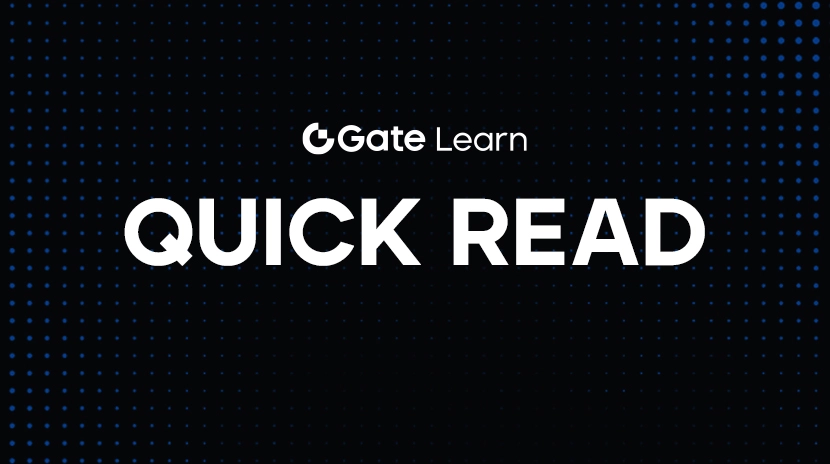What Is RWA? How Real-World Asset Tokenization Is Reshaping the Crypto World
What is RWA?

Figure:https://plume.org/
RWA is an abbreviation for Real World Assets, referring to assets with actual value in the real world, such as real estate, gold, bonds, stocks, and accounts receivable, which are digitized and tokenized through blockchain technology, allowing these assets to be circulated and traded on the chain.
Why do real-world assets need to be on the blockchain?
The traditional financial system faces issues such as low transaction efficiency, poor transparency, and high intermediary costs, while blockchain has characteristics of programmability, traceability, and openness. Bringing real assets on-chain helps to enhance liquidity, lower transaction thresholds, and serves as a strong complement to the traditional financial architecture.
For example, after digitizing real estate or bonds, they can be divided into small shares and opened to global investors, allowing assets that originally had poor liquidity to participate in DeFi or cross-border settlement.
Typical categories of RWA
The reality assets that are currently widely tokenized mainly include the following categories:
- Real estate: Property rights division and income rights distribution through blockchain
- Product: On-chain certificates for commodities such as gold, oil, etc. represent real holdings.
- Financial bonds and credit assets: government bonds, corporate notes, etc.
- Accounts Receivable: Tokenizing a company’s accounts receivable to obtain early liquidity.
These assets typically require strong custodians, legal compliance mechanisms, and third-party audits to ensure that their on-chain representations are consistent with the real assets.
How does RWA empower the encryption ecosystem?
The emergence of RWA has brought a new asset supply to DeFi. Many protocols achieve yield linked to real-world interest rates through RWA, attracting more institutional users. For example:
- Enhancing the sources of stablecoin yield: for example, part of the reserves behind USDC comes from short-term U.S. Treasury bonds.
- Support institutional investors to enter the on-chain market: provide familiar asset classes through RWA.
- Create real anchored assets for Web3 financial products: enhance project credibility and volatility resistance.
In short, RWA makes encryption finance no longer ‘detached from reality’; instead, it injects vitality into the traditional asset market by leveraging on-chain efficiency.
Overview of RWA projects in the current market
The mainstream RWA projects currently include:
- MakerDAO (renamed as Sky): Introduced US Treasury and mortgage assets through partnerships with real-world lending companies.
- Ondo Finance: Launches on-chain US Treasury fund products, supports stablecoin subscriptions.
- Maple Finance: Providing RWA collateralized loans for institutional users
- Centrifuge: Connecting the accounts receivable of small and medium-sized enterprises with DeFi liquidity pools
Plume Network is an emerging Layer 1 blockchain representative focused on RWA. Unlike other projects that deploy smart contracts based on existing chains, Plume is optimized for RWA scenarios from the underlying architecture design, providing native support for asset tokenization, compliance frameworks, secondary market circulation, and other modules. It integrates compliance components such as KYC/KYB and auditing mechanisms at the chain level, offering new ideas for the legality and scalability of RWA.
These projects have gradually formed the ecological prototype of RWA and promoted the integration of compliant finance and DeFi.
Challenges Faced and Future Prospects
Although the vision of RWA is grand, it still faces multiple challenges in its real-world advancement:
- Legal and regulatory issues: Significant differences in cross-border regulation, involving securities attributes, KYC/AML compliance.
- Authenticity of assets and custody mechanisms: How on-chain data maps to real-world assets remains a challenge.
- Technical standards have not yet been standardized: different protocols have differences in tokenization methods and transparency.
The key to the future development of RWA lies in establishing trust mechanisms, introducing support from sovereign institutions, and strengthening the standardization of audits, in order to achieve true large-scale implementation.
Related Articles

Pi Coin Transaction Guide: How to Transfer to Gate.io

What is N2: An AI-Driven Layer 2 Solution

Grok AI, GrokCoin & Grok: the Hype and Reality

How to Sell Pi Coin: A Beginner's Guide

Crypto Trends in 2025
